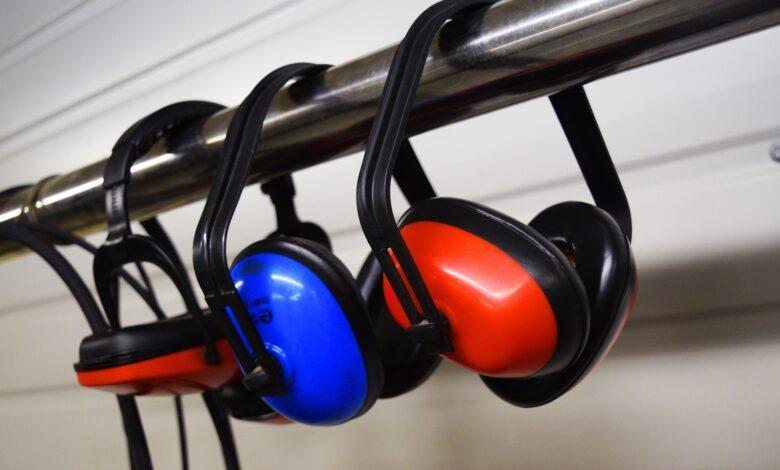
One of the many gifts bestowed upon us is the gift of hearing. The ability to hear enhances engagement with our surroundings, communication with others, experience of nature and the avoidance of danger. Simplistically, the hearing mechanism consists of the three main parts – outer, middle, and inner ear. If all goes well, we are able to detect sounds across a wide spectrum of frequencies, capturing the sound waves with the outer ear, transmitting sound energy into mechanical signals in the middle ear and interpreting those mechanical movements by the inner ear and connection to the brain. Although the ability to detect certain frequencies declines with age, exposure to continuous noise or repeated sudden impacts at work or home hastens the deterioration of the hearing mechanism. One statement regarding hearing that should be heeded and is with few exceptions, noise-induced hearing loss is 100% preventable and 0% reversible. (Hearing aids do not reverse the process, they compensate for hearing loss.) Wearing correct hearing protection properly when required will prevent, not just reduce, noise-induced hearing loss. Once long-term hearing loss occurs, and it typically happens gradually, the ability is lost permanently. Hearing loss causes a deterioration in one’s ability to understand the auditory signals reaching the brain. Oddly, the common term “hard of hearing” is inaccurate. More correctly, people become “hard of understanding”. Individuals with reduced ability to understand from hearing loss do hear sounds but the information contained within those sounds gets lost in the process. If you, or someone you know, requires a louder than normal volume setting when watching TV, it is not because they cannot hear the television but rather they have trouble understanding the dialog. In a typical hearing loss scenario, people first have trouble processing the higher frequency sounds that are important to understanding the spoken word. Not surprising to many, females and children usually have voices operating in the higher frequency ranges, so common response from the listener is “Speak up!” and common remarks from the speaker includes, “You don’t listen!” The casualty of significant hearing loss goes beyond the ability to understand speech. Hearing loss also affects the cardiovascular system, the nervous system, causes annoyance and frustration, and reduces work efficiency and morale. In short, there is nothing beneficial because of hearing loss. When someone reminds you to wear hearing protection, do not make them have to repeat the message.
Give us a call today to discuss what Vortex EHS, LLC can do to partner with your organization to implement required training, evaluate injury-reduction approaches, and to improve regulatory compliance for your company.
(252) 287-3730 vortexehs@outlook.com
